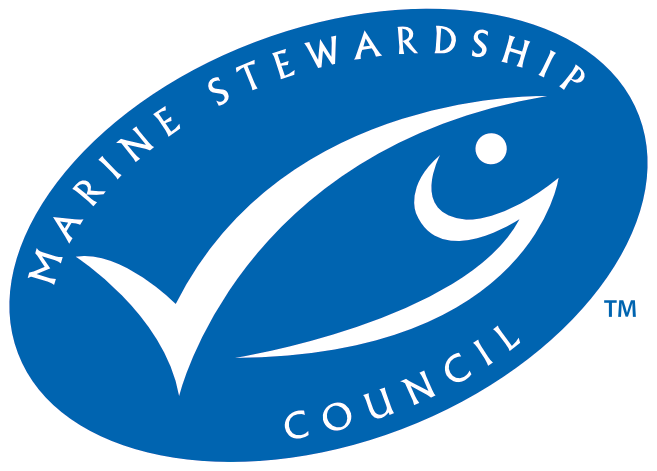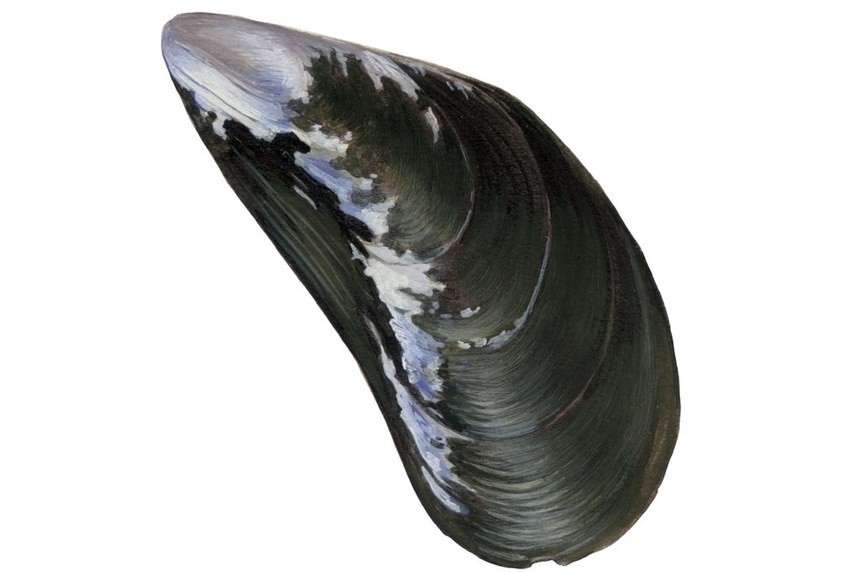
- Certifier :
- Global Trust Certification Ltd.
- Certified status :
- Certified
- Certified since :
- 30 Jul 2013
- Certificate expires :
- 15 Aug 2029
Overview
Fisheries are composed of one or more parts, each of which is entitled to receive an MSC certificate. These parts or “units” are defined by their target stock(s), fishing gear type(s) and if relevant vessel type(s), and the fishing fleets or groups of vessels.
When the term “Unit of Certification” is used for fishing units that are in assessment, it refers to the “Unit of Assessment” or “Unit of potential certification”. Expand a status below to view the parts that form this fishery. To check the detailed scope, download the latest certificate or open the Assessments page to get the latest report. Find out more by visiting our page on Fisheries
Catch by Species
| Species | Reported Catch Year | Metric Tonnes |
|---|---|---|
| Blue mussel (Mytilus edulis) | 2016 | 7,536 |
| Mytilus mussels nei (Mytilus spp) | 2022 | 18,263 |
Information is provided by an independent Conformity Assessment Body as live weight (the weight of species at the time of catch, before processing) and where a fishing season covers multiple years, the end year is given as the reported catch year. Additional information is available in the latest report, see the assessments page.
Eligibility, client groups and vessel lists
A fishery may choose to define the members of the fishery certificate. These members can be vessels or other client group members (e.g. companies that own vessels and/or companies that are named as eligible to handle certified product covered within the fishery certificate scope). Please refer to the fishery certificate statement on additional product specific eligibility criteria (e.g. product eligibility limitations, eligibility date, exclusive points of landing and the point where Chain of Custody certificate is required). Please consult the fishery Public Certification Report for product eligibility rationale.
| Documents | Published on | Files |
|---|---|---|
| List of client group members | 15 Nov 2021 | 1 files |
About this Fishery
Blue or common mussel (Mytilus edulis) illustration © Scandinavian Fishing Year Book
The Ireland bottom grown mussel fishery became MSC certified in 2013, alongside its Northern Ireland counterpart. Together, the operations represent the island’s entire landings for bottom grown blue or common mussel (Mytilus edulis).
The mussel fishery includes both mussel seed (or 'spat') collection and the eventual re-laying and on-growing that takes place in loughs (Irish lochs) and bays. Seed collection takes place off the east coast of Northern Ireland and the Republic of Ireland using dredges. Gear is designed to skim the upper layer of mud around aggregations of juvenile mussels with minimal impact to the underlying seabed.
Bottom grown mussels are a key contributor to the island’s fisheries sector. As well as having high export volume and value, mussel harvesting provides employment for nearly 700 people across Ireland.
If you want to learn more about all current UK & Irish Fisheries’ journeys to certification, find out where to buy UK and Irish seafood with the blue fish, and get your hands on the latest mouth-watering recipes, visit the UK & Irish Fisheries Spotlight.
Market Information
Bottom mussels are sold in fresh (live) and prepared forms (fresh, frozen vacuum packed mussel in sauce) and more advanced ready meals(half shell with toppings), and as frozen meats into the wholesale, retail and food service markets. Products are largely exported to Europe (France, Benelux, UK, Germany and others) and US (prepared frozen mussels in sauce).
